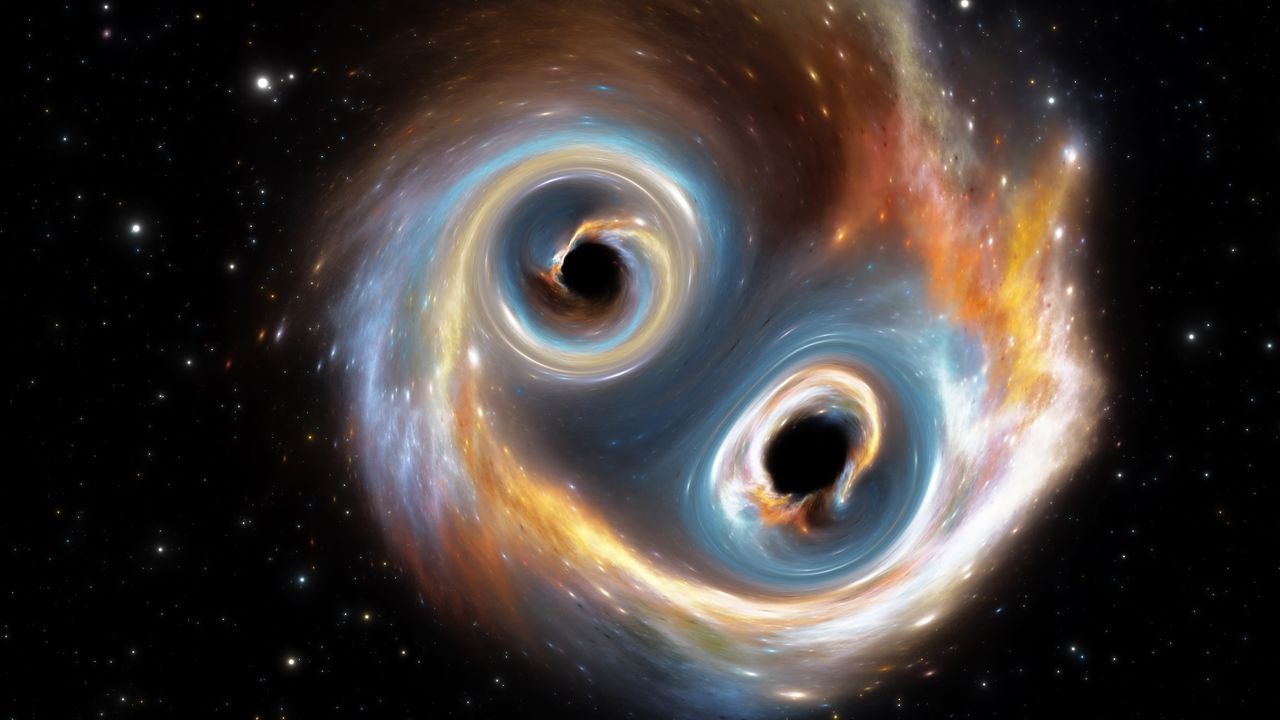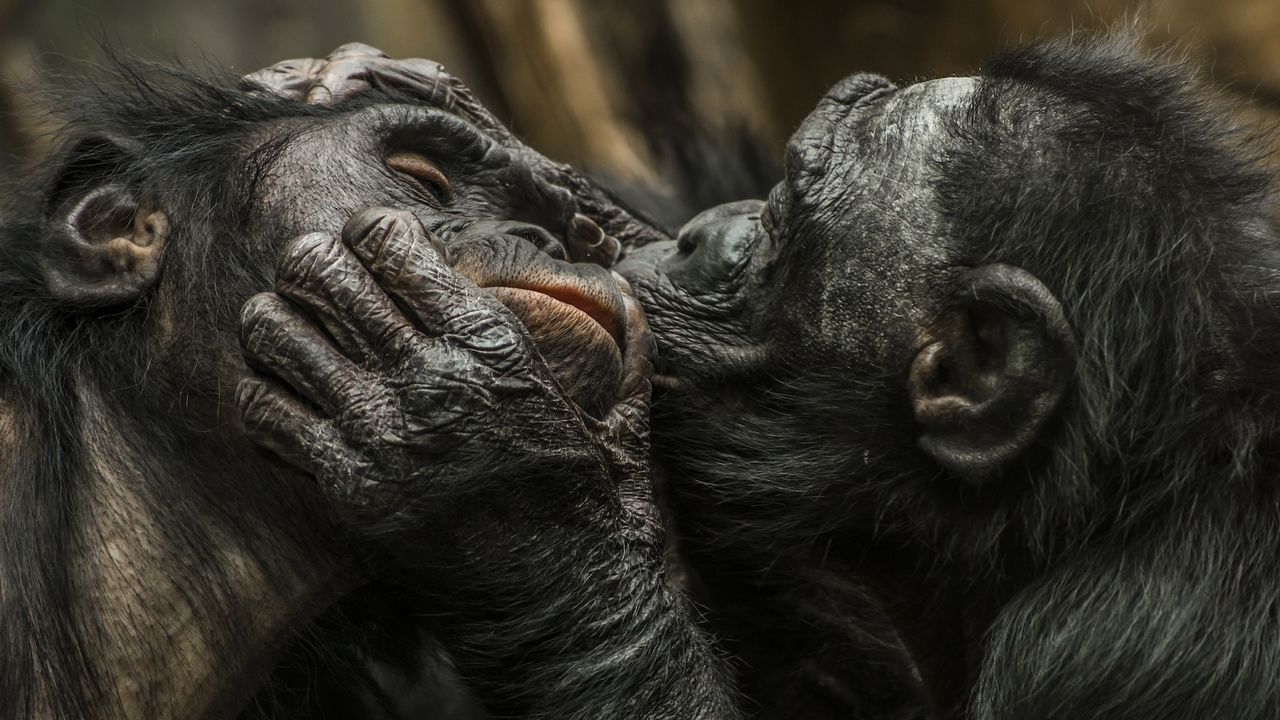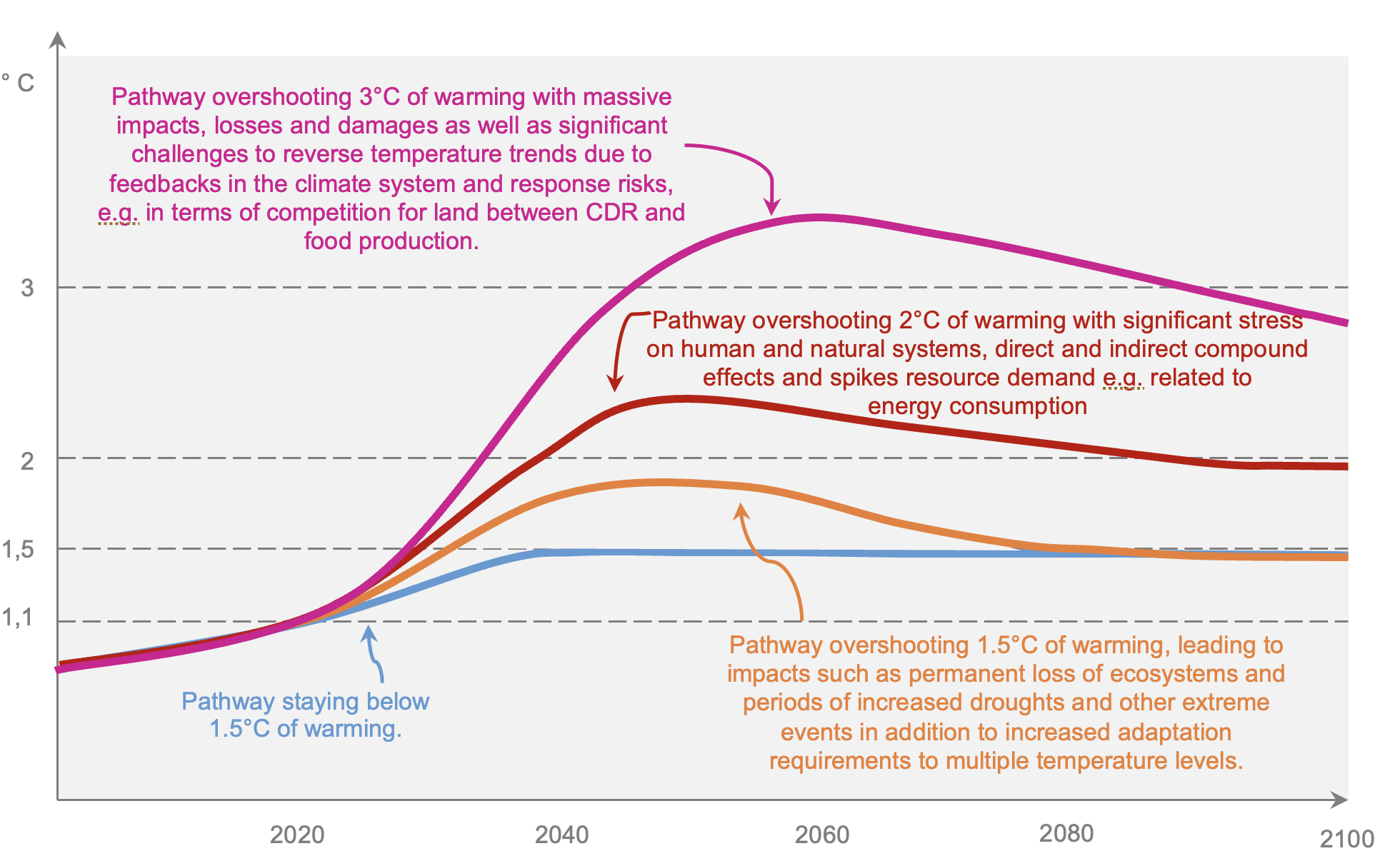'Impossible' black hole collision pushed relativity to its breaking point — and scientists finally understand how
PositiveScience

- Scientists have detected gravitational waves from a black hole collision that challenges existing theories of relativity, providing new insights into the formation of 'forbidden' black holes.
- This discovery is significant as it enhances understanding of black holes, which are pivotal in the study of fundamental physics and the universe's structure.
- The findings resonate with ongoing research into black holes, including their interactions with neutron stars and the dynamics of cosmic events, highlighting the complexities of astrophysical phenomena.
— via World Pulse Now AI Editorial System


